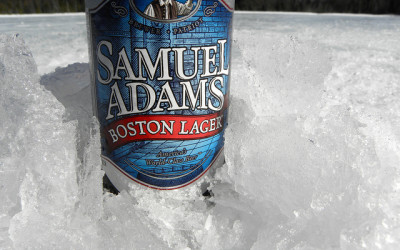Opposer: Syndicat General des Vignerons des Cotes du Rhone
Trademark Applicant: R.S. Lipman Company, LLC
At Issue: HERMITAGE RESERVE
On January 12, 2016, the Institut National de l’Origine et de la Qualite (“INAO”) and the Syndicat General des Vignerons des Cotes du Rhone (“SGVCR”), both entities organized and existing under the laws of the Republic of France, filed a trademark opposition against the applicant R.S. Lipman Company, LLC to register the mark HERMITAGE RESERVE.
As with all trademark oppositions, the opposers believe that they will be damaged by registration of the mark. In this case, the grounds for opposition rest on the geographic indication which, if used on or in connection with wine or spirits, identifies a place other than the origin of the goods.
The INAO is a public entity under the French Ministry of Agriculture and maintains the responsibility to define and recognize French “appellations of origin.” An appellation of origin is a “geographical designation that designates a product originating therein, the quality and characteristics of which are due exclusively or primarily to the geographic environment, including natural and human factors.” The INAO identifies products that may bear an appellation ‘origine controlee (“AOC”) designation, or controlled appellation of origin. The SGVCR is a French entity composed of wine and spirits growers, producers and merchants from certain AOC areas within the Rhone wine region of France.
The issue here, is that “Hermitage” is a well-known French AOC for wines produced in an area within the northern Rhone wine region of France and has been used as a geographical indication for wine for centuries. France has restricted the use of “Hermitage” to still wines produced in that area.
As evidence, the opposers point to regulations imposed by the U.S. Alcohol and Tobacco Tax and Trade Bureau indicating that “Hermitage” is classified as a “foreign nongeneric name of geographic significance” which is also a “distinctive designation of a specific grape wine.” According to the opposition, it does not appear that any of the goods provided by the Applicant originate in the specified French region and if used in connection with wines, would confuse consumers as to the geographic origin of the goods.
It’s important to note that Section 2(e)(3) of the Trademark Act prohibits registration of a mark that is primarily geographically deceptively misdescriptive of the goods or services named in the application. The opposers here are trying to show that HERMITAGE is indeed geographical in nature when it comes to wines.
An answer to this opposition is due on February 21, 2016.





